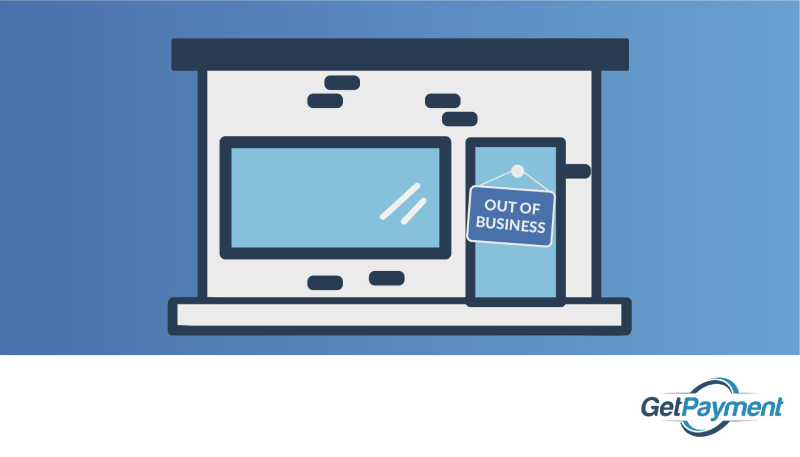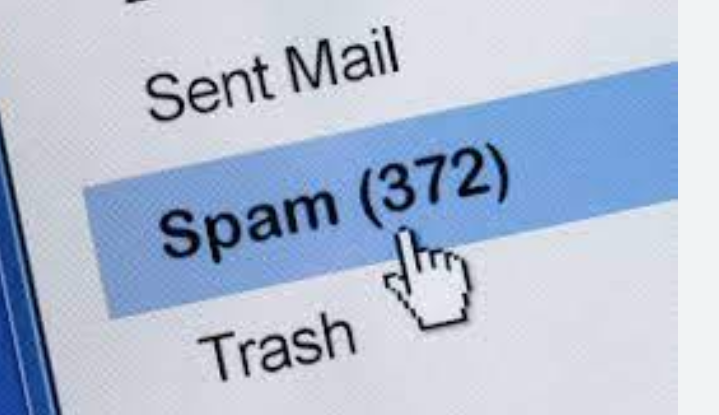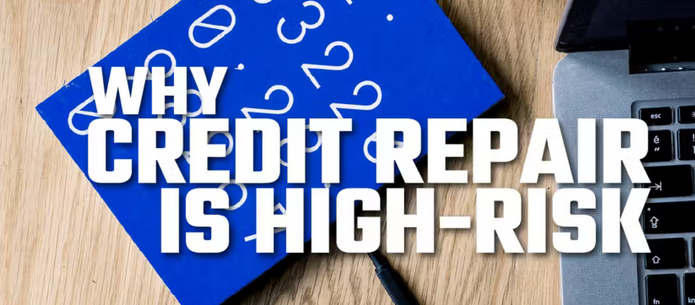As a business owner, you want to make it easy and convenient for customers to pay with their method of choice. That’s why it’s so important to find a reliable payments partner that allows you to securely accept credit and debit card payments.
However, not all payment processors are created equal. Some of the biggest names in payments are notorious for their poor treatment of merchants. From Stripe’s restrictive list of prohibited businesses to PayPal’s extreme fines and bans, there are plenty of reasons to steer clear of these payment processing giants.
In fact, running your business through PayPal could cost you everything. Whether you’ve heard the PayPal horror stories or have been a victim yourself, this article will help you protect your business from any further catastrophe.
The Dark Side of PayPal
Why are there so many horror stories from merchants about being banned or heavily fined by PayPal?
PayPal’s Acceptable Use Policy is notoriously vague. This allows them to shut down your account or freeze your funds at their own discretion.
PayPal can fine your merchant account somewhat arbitrarily, including charging $2500 per violation of the Acceptable Use Policy.
In some cases, these issues are never resolved—or your funds are withheld for months, crippling your business.
Let’s take a closer look at why so many merchants have issues with PayPal’s Acceptable Use Policy.
What’s Wrong with PayPal’s Acceptable Use Policy?
In order to use PayPal for commercial transactions, business owners must adhere to terms set out in PayPal’s Acceptable Use Policy. Unfortunately, using PayPal for your business also means agreeing to pay a hefty fine for any violation of their Acceptable Use Policy. There are several major risks of doing business through PayPal that all merchants need to understand.
Unreasonable Fines

Merchants can be fined $2500 per violation of PayPal’s Acceptable Use Policy. When PayPal comes after you for one violation, they’re likely on the lookout for multiple infractions—so you could get hit with several $2500 fines at once or within a short timeframe.
Not only is $2500 a significant fine for small businesses, but there’s also no clear list of violations that result in the fine. So, many business owners are operating somewhat blindly, hoping that they aren’t breaking any of PayPal’s ill-defined rules.
Perhaps the biggest problem with PayPal’s Acceptable Use Policy is that it’s open to interpretation. PayPal uses vague language to define “acceptable use” so they can freeze or charge your business account at their own discretion.
Withholding Funds for Banned Accounts
Furthermore, if PayPal decides to ban your account altogether for violating the Acceptable Use Policy, they can hold the funds in your account hostage for up to 180 days. That’s almost six months during which not only is your account closed down, forcing you to look for alternative methods for customers to pay you, but your cash is tied up for no good reason. Unfortunately, that’s often enough to cripple a business and force you to close up shop.
Lack of Appeals Process
PayPal creates their own Acceptable Use Policy, which effectively allows them to play by their own rules. Their payment processing services are unregulated compared to full-service merchant services providers. That means merchants have no legal recourse to resolve these issues or get their funds reimbursed.
To make matters worse, there is no defined appeals process. They can ban you without warning, potentially without allowing you to cash out your account balance for six months. Plus, they can fine you multiple times to deplete your balance—and there’s not much you can do to stop them.
Don’t Let PayPal Freeze or Fine Your Account: How to Protect Your Business
If you’re currently using PayPal to process online payments, these are some steps you should take immediately to protect your account from potential risk.

1. Make Sure Your Account is as Compliant as Possible
To minimize the risk of having your merchant account frozen or fined, study PayPal’s Acceptable Use Policy carefully. If PayPal notifies you of updates to your account or policy, always review and implement any necessary changes as quickly as possible.
Although this will help ensure your business is compliant with PayPal’s terms of use, it’s not foolproof. Since PayPal’s Acceptable Use Policy is intentionally vague, they can still fine you for any perceived violations at their own discretion.
2. Reduce Your Risk Exposure
Remember, PayPal can fine merchants $2500 per violation of their Acceptable Use Policy. So, the more cash you have sitting in your PayPal account, the higher your risk of losing revenue to fines.
The easiest way to reduce your risk exposure immediately is to withdraw your money from PayPal as quickly as possible. Don’t ever leave your payments sitting in a PayPal account for longer than necessary.
You can also minimize risk by refusing to use PayPal for transactions larger than $1000, not using PayPal for payroll purposes, and generally reducing the number of transactions your business processes through PayPal.
3. Switch Merchant Services Providers
The only way to completely protect your business from the risks associated with PayPal is to stop using PayPal to accept payments. Instead, switch to a reliable merchant services provider that can meet your needs and provide you with a dedicated merchant account. This is especially urgent if you’re in a high-risk industry, experience highs and lows in your revenue and sales, or if you receive a high number of chargebacks.
4. Open a Dedicated Merchant Account Instead
There are two types of merchant accounts: aggregated accounts and dedicated accounts. A dedicated merchant account is the best way to safeguard your business against account freezes, bans, and fines.
Here’s why:
With an aggregated account, your transactions are pooled in a shared account with tons of other merchants. This leaves you open to a greater risk of penalties or account freezes, since the payments provider is often more concerned about maintaining the status quo for the majority of clients, rather than protecting the needs of your business specifically.
Unlike PayPal, GetPayment provides you with a dedicated merchant account that is created and maintained specifically for your business transactions.
How Switching to a Merchant Services Provider Minimizes Your Risk
To fully protect your business and your revenue from PayPal, consider the benefits of switching to a full-service merchant services provider. When you partner with the right merchant services provider, you can securely accept customer payments online without worrying about surprise fees, fines, or bans.

If you’re not sure what to look for when choosing a merchant services provider, consider prioritizing these key factors:
- Pricing: Watch out for hidden merchant fees. Do they offer a transparent pricing model (ideally, interchange plus pricing)?
- Contract terms: Are the terms of your contract flexible or do they charge high fees for cancelling early?
- Support quality: Is customer support available 24/7 to ensure your business is always up and running when you need it to be?
- Dedicated merchant account: Can they provide you with a dedicated merchant account instead of a shared account that puts your business at risk?
Work with GetPayment to Protect the Future of Your Business
When you work with GetPayment, you’re getting more than just payment processing. We’ll provide you with a dedicated merchant account and ensure your money is never frozen or at risk of confiscation. We also offer next-day funding and support all business types, including ecommerce, nutraceuticals, CBD, and high-risk industries.
Reach out to GetPayment to learn more about how we can protect your hard-earned revenue and help you reach your business goals. We’ll start with a free analysis of your current payment relationships to find out how we can best support your growth. From there, we’ll complete an application for your dedicated merchant account and create a custom payment processing solution for your business.
Ready to level-up your business with a dedicated merchant account? Contact GetPayment today to set up a free phone call with our experts.




